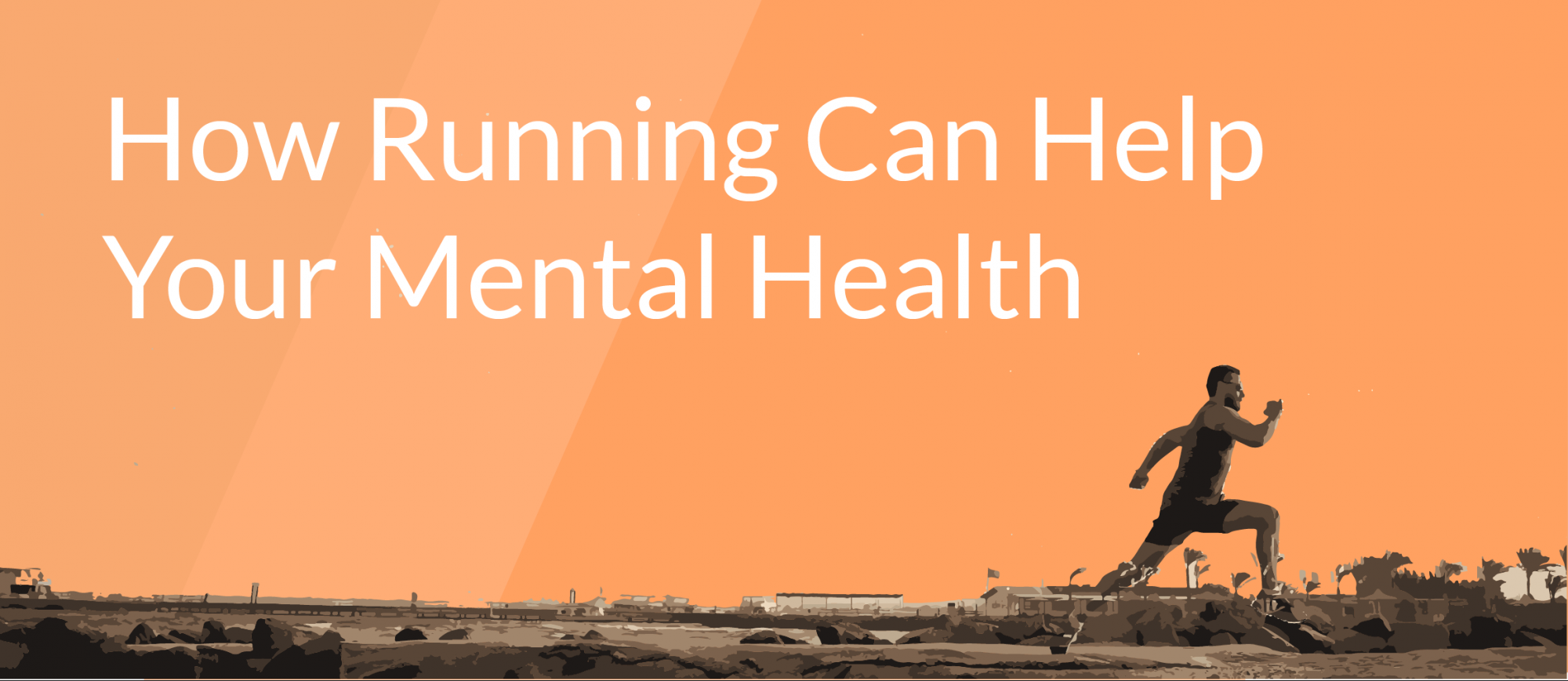We all have days where life can have some high stress affects your daily performance. You may have had a bit of troubling information come to you from close family or a friend, or perhaps had a rough day at the office. When we as people experience harsh conditions or high stress situations, we tend to need a distraction to keep ourselves from the overwhelming situations and stresses that can negatively affect our productivity. While not necessarily a substitute for psychological and medical intervention, physical activity can help by breaking up the monotony of the day and give you an energy boost to finish your day on the strongest foot.
As you can continue to run, the obvious physical effects can lead to little improvements of various aspects of you daily life. This includes an overall improvement in respiratory functions, higher stamina when running or walking, and can also provide you with the release of endorphins and hormones that often create the “runner’s high.”
Running can also help improve your stress management by providing the body deal with a solution for existing mental tension. Exercise aincreases concentrations of norepinephrine, a chemical that helps moderate the brain’s responses to stress. It can also improve the amount of vitamin D that your body absorbs on a daily basis from being out in the sun. Vitamin D is usually associated with helping lessen the impact or experience of depressive symptoms.
Running also can help with the prevention of cognitive decline. While running isn’t a “cure” for Alzheimer’s, it may help boost the brain’s ability to minimize and often slowdown the onset of this disorder. Working out between the ages of 25 and 45 boost chemicals in the brain directed to the hippocampus, the part of the brain that’s specifically important for memory and learning. Going for a run can also help with allowing your brain to move towards a calmer state of mind; the chemicals released during and after running can help people experiencing anxiety feel calmer. Whether you’re hopping on a treadmill, track, or sidewalk, pushing your body to move is a healthy way of coping with tough times.
Another benefit of running is that it can also help with exercising not just your muscles, but also your brain and the overall ability of how hard it can work. Cardiovascular exercise creates new brain cells and can improve the overall performance of your brain’s neural functions. A tough run increases your the amount of brain derived proteins in your body, which have been proven to help with higher thinking and learning, as well as decision-making. Finishing a run can also be helpful for people who have a hard time sleeping; the body’s core temperature rises during a run, and then falls afterwards, signaling that it’s time to sleep.
Productivity and creativity also get a steady boost and increase as well from going for a sprint. If you’re feeling unmotivated or lacking in creativity, a good heart pumping run can push you to find the energy and brainpower to pursue your personal artistic passions and short term goals.
Running can provide an otherwise healthy source for you improving in both your body and mental state. When you’re feeling down or frustrated with the day, physical activity can provide the right boost of energy to get you back on your feet. If you want to learn more about how to improve your daily life with running, jogging, and other physical activities, follow our active blog for future articles.
Thanks for reading, and happy running!

